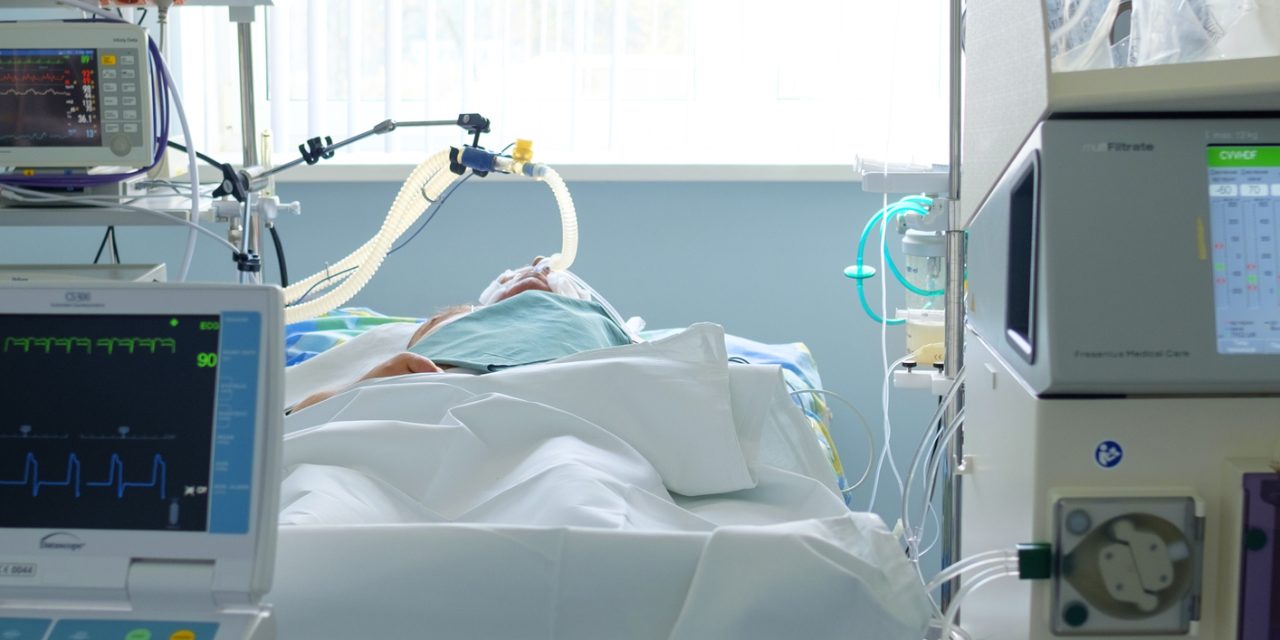Many of the six million residents of unincorporated communities in the United States depend on well-water to meet their needs. One group of unincorporated communities is the colonias, located primarily in several southwestern U.S. states. Texas is home to the largest number of these self-built communities, of mostly low-income families, lacking basic infrastructure. While some states have regulations that mandate minimum infrastructure for these communities, water and sewage systems are still lacking for many of their residents. Unprotected wells and self-built septic/cesspool systems serve as the primary infrastructure for many such colonias. This research was designed to probe how wells and septic/cesspool systems are influenced by heavy rainfall events. Such events are hypothesized to impact water quality with regard to human health. Inorganic and microbiological water quality of the wells in nine colonias located in Nueces County, Texas, were evaluated during dry and wet periods. Nueces County was selected as an example based on its flooding history and the fact that many colonias there depend entirely on well-water and septic/cesspool systems. The results demonstrate that well-water quality in these communities varies seasonally with respect to arsenic (up to 35 μg/L) and bacterial contamination (Escherichia coli), dependent on the amount of rainfall, which leaves this population vulnerable to health risks during both wet and dry periods. Microbial community analyses were also conducted on selected samples. To explore similar seasonal contamination of well-water, an analysis of unincorporated communities, flooding frequency, and arsenic contamination in wells was conducted by county throughout the United States. This nationwide analysis indicates that unincorporated communities elsewhere in the United States are likely experiencing comparable challenges for potable water access because of a confluence of socioeconomic, infrastructural, and policy realities.Copyright © 2020. Published by Elsevier B.V.
Seasonal contamination of well-water in flood-prone colonias and other unincorporated U.S. communities.


